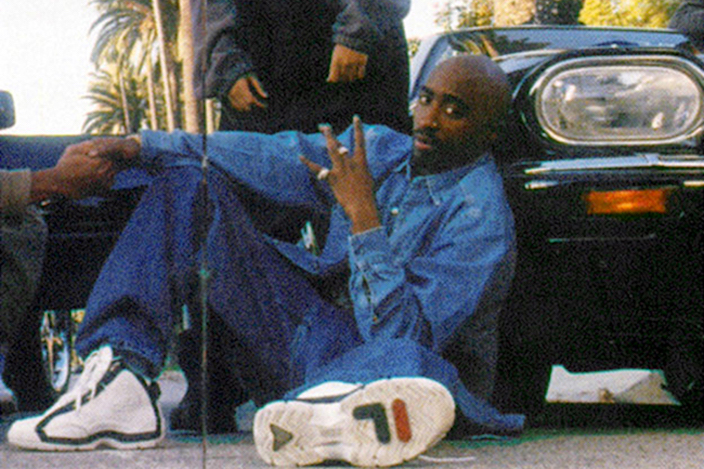

In October 2008, Morgan Creek, the studio behind Ace Ventura, was added to the mix, with Hutton facilitating. By 2005, things picked up again, with studios like New Line, MTV Films, and the Weinstein Company lining up to secure the rights to Shakur’s story. But they soon tabled the idea in favor of a documentary, which became the Oscar-nominated Tupac: Resurrection. The rapper’s mother, Afeni, and her imprint, Amaru Entertainment, which controls the rights to Tupac’s music and image, started making the rounds to studios to gauge interest in a biopic. The story of All Eyez on Me begins in 1997, one year after Shakur’s murder on the Las Vegas strip. The world will see on June 16 what I was doing and what I was fighting for.” has been able to work his way through it.”Īdds Hutton, “I know for a fact that the fight that Tupac wanted me to fight, I fought it. “The fans expect a certain thing, the haters want to bring you down - and L.T. “This project was not easy to make,” says All Eyez on Me director Benny Boom. Like Hollywood Shuffle for Robert Townsend, I leveraged everything for this movie. “I put it all on the line: house, cars,” he tells Vulture. In the meantime, Hutton, the film’s lead producer, has had to do it all: beat back critics, allay fan concerns, and dip into his own pockets to finance the production. When it hits theaters on June 16, what would have been the rapper’s 46th birthday, it will mark the end of a complicated journey, one fraught with two multimillion-dollar lawsuits, a rotating door of writers and directors, a noncommittal estate, and a public thrashing from an Oscar-nominated filmmaker. Stories like these have been rattling around Hutton’s mind as he puts the finishing touches on the long-gestating Tupac Shakur biopic All Eyez on Me. You messed the kitchen up.’ He was like, ‘Aww, I like you, I like your spirit.’” “I said, ‘Let me explain something: You’re not just gonna check me. At first, Hutton says, Shakur was incredulous about the dish-cleaning request.

Twenty-two years later, Hutton is sitting in a seventh-floor conference room in Beverly Hills, chuckling as he retells the story. Hutton says he walked over, introduced himself, and said, “Brother, you just got out of jail, you went through a struggle, the record was dope. Despite being signed to the same label, Hutton had yet to speak at length with Shakur, who was now standing in front of him, shirtless, frying up plates of sausage and bacon. It was 1995, Shakur had just been released from prison, and Hutton, then a young producer for Death Row Records, was living at Snoop Dogg’s mansion in the San Gabriel Valley. Hutton woke to the sound of Tupac Shakur cooking breakfast. Photo: Vulture and Photo by Getty Images and Quantrell Colbert


 0 kommentar(er)
0 kommentar(er)
